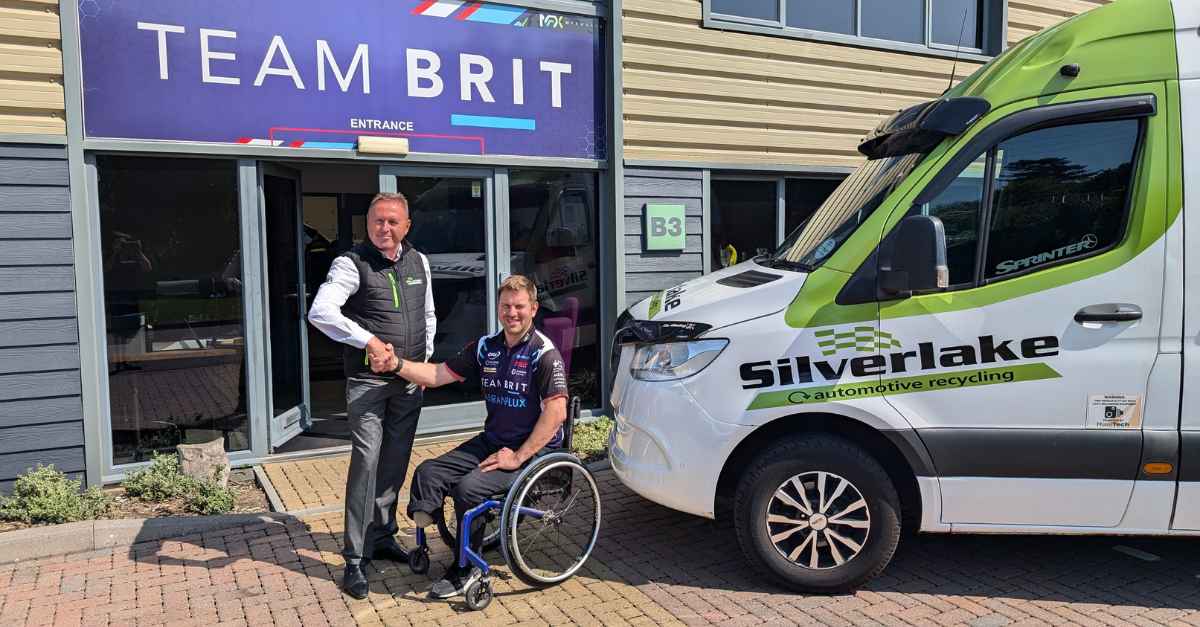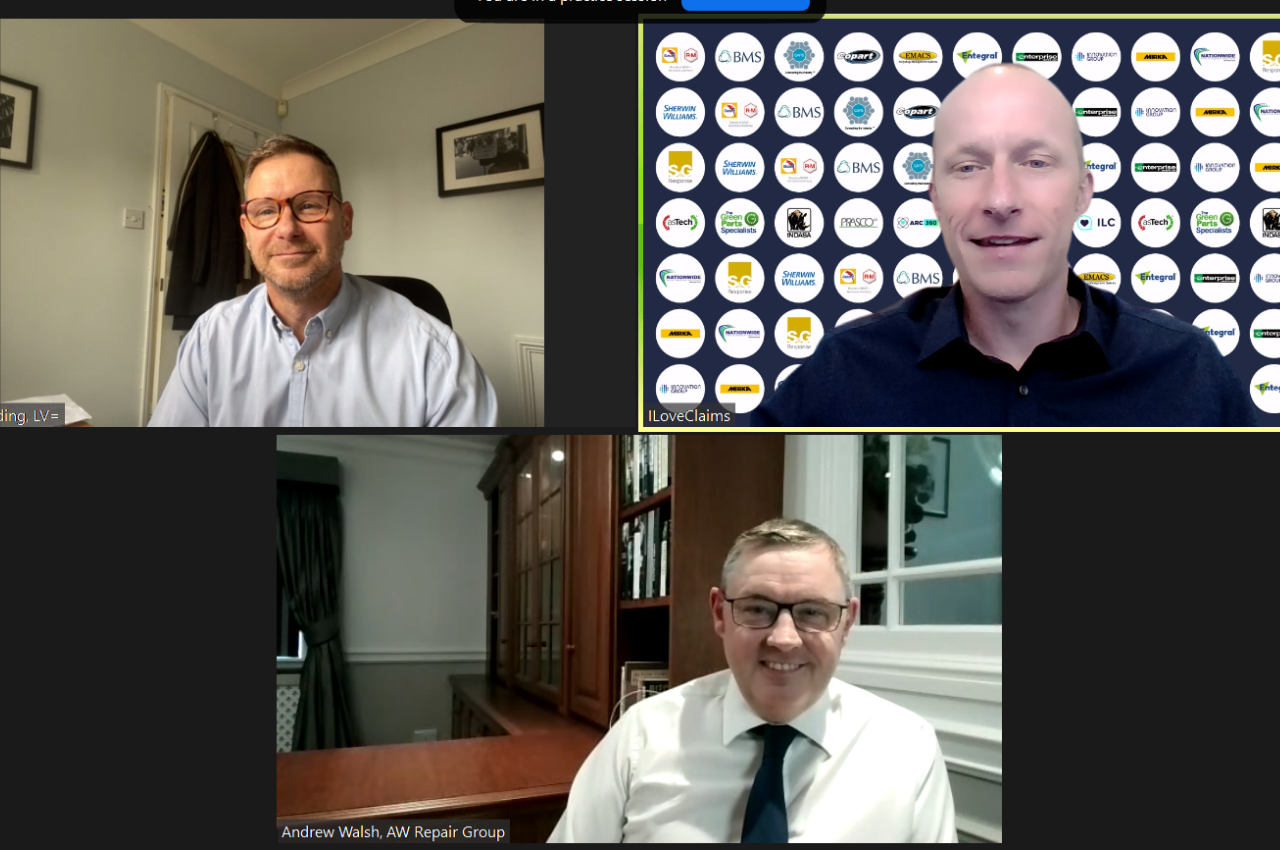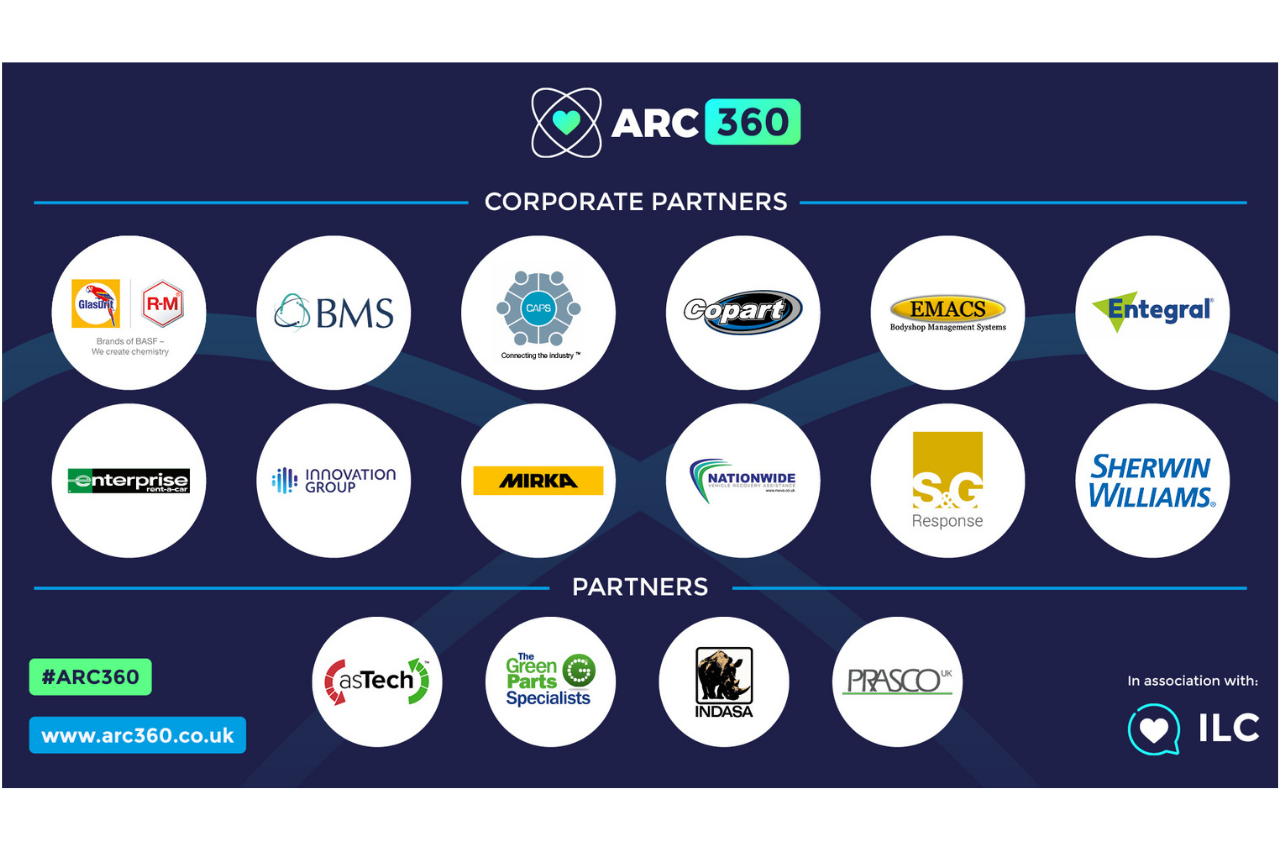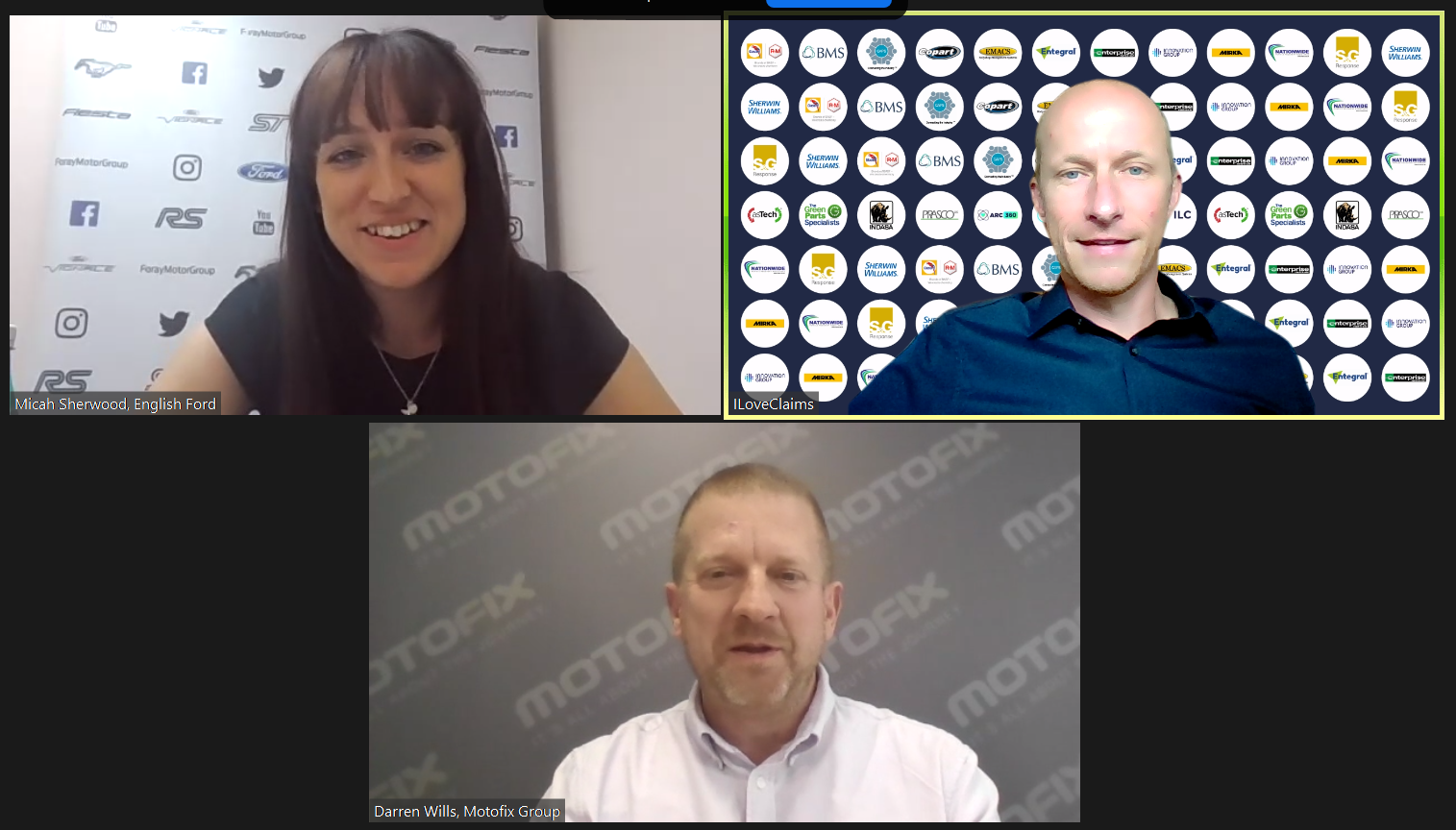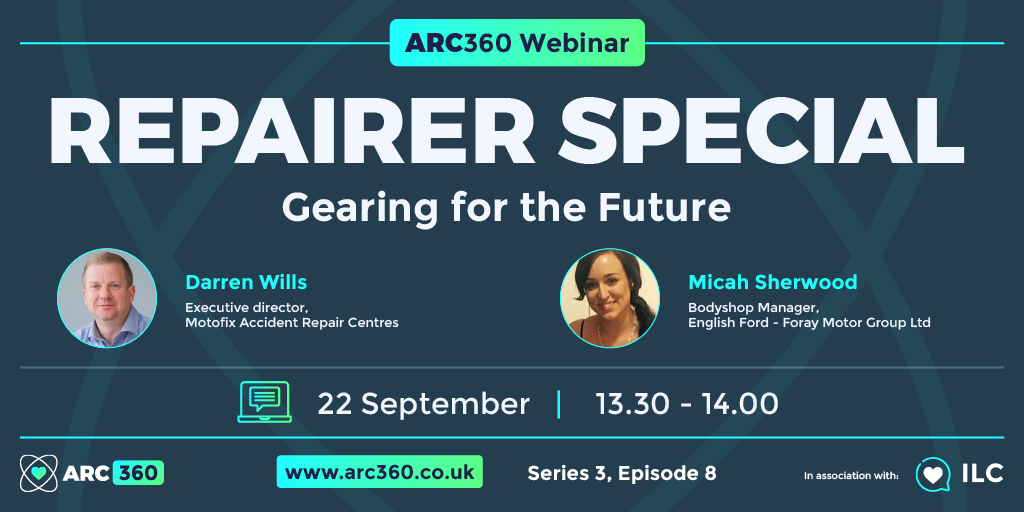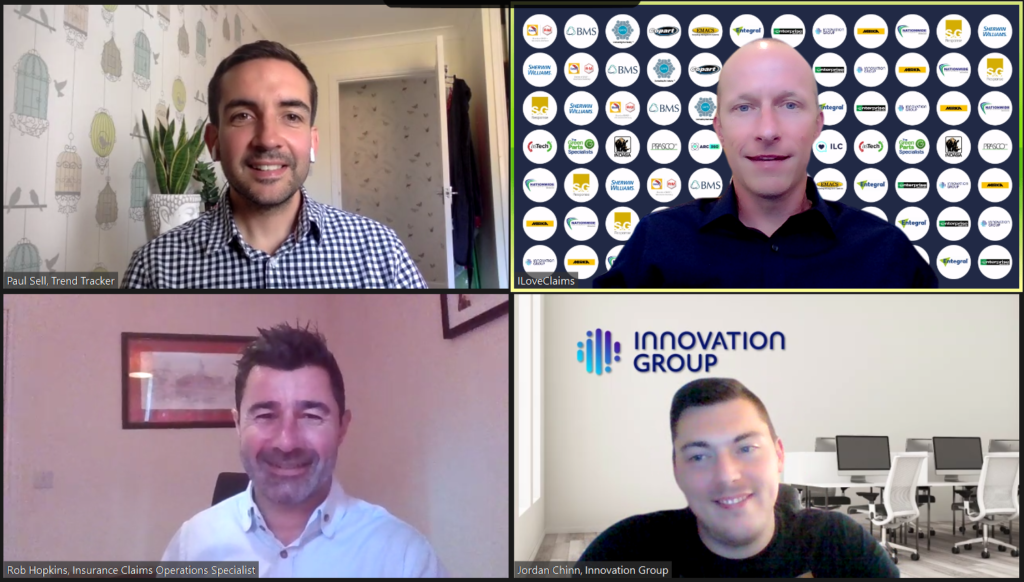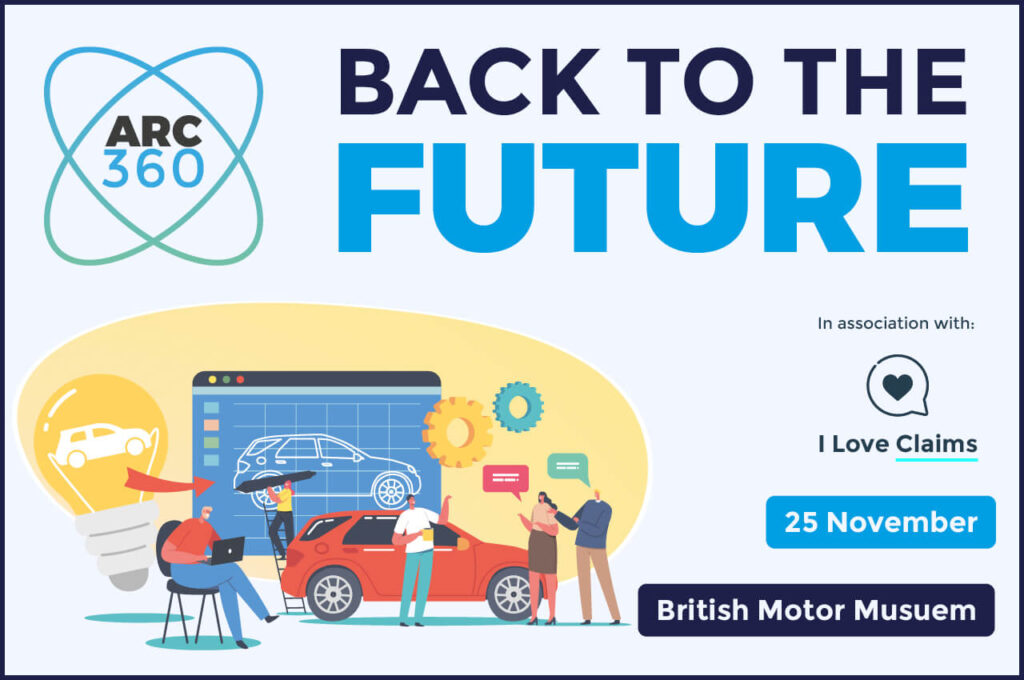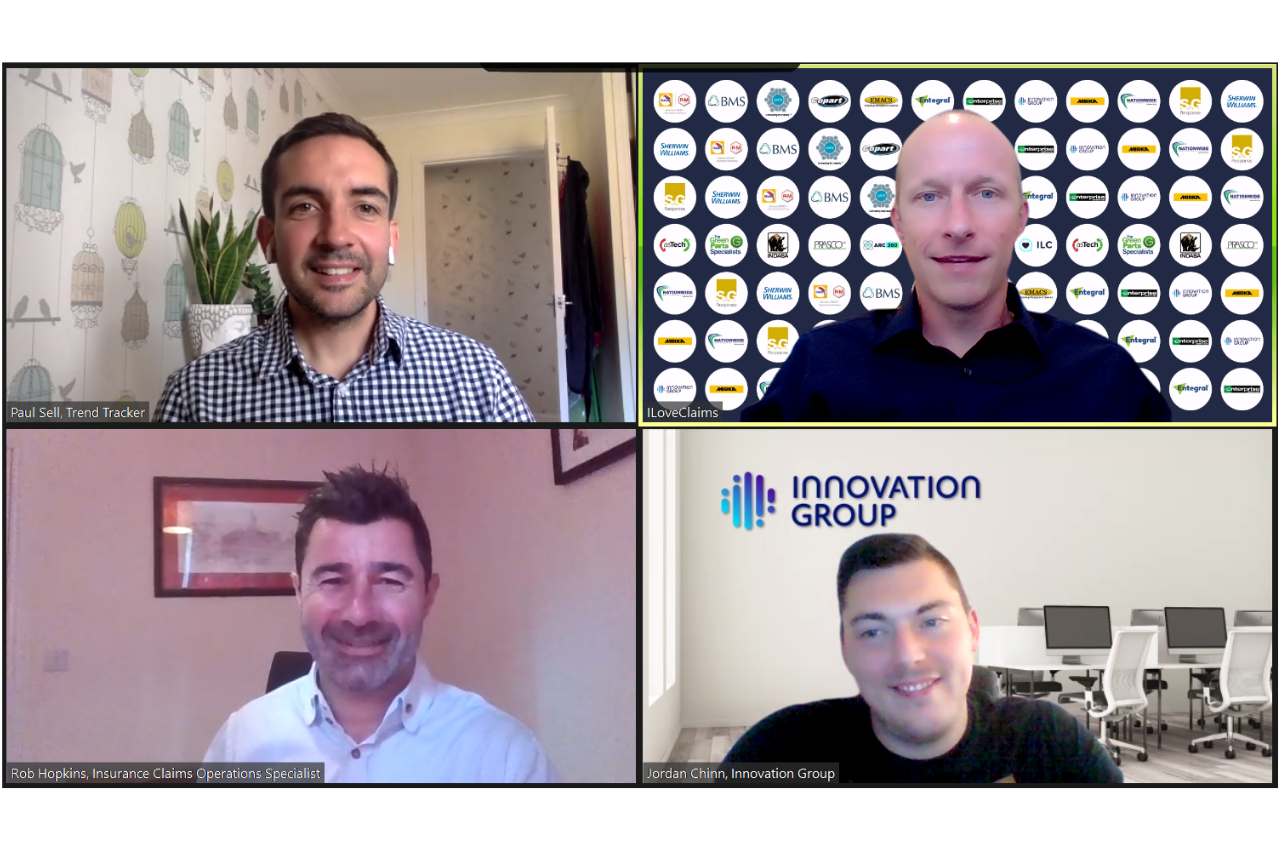The incident repair aftermarket is being buffeted by the winds of change. Technology is revolutionising the product, digitalisation is revolutionising the process of business, while the changing societal attitudes are impacting both customer behaviour and expectation.
It has always been true that the choices businesses make determine their future success; this is especially so when new technology is emerging, and in the last few decades there have been some colossal winners and losers.
- Amazon was founded in 1994 as an online marketplace for books. The decision to establish the business online, when just five million Americans had the internet, is part of the reason it is now worth $1.7tn.
- Blockbuster snubbed a $50m acquisition of Netflix in 2000, a decision which still seemed sound in 2002 when the video outlet was valued at $5bn. But by 2005 it had lost 75% of its value and it was declared bankrupt in 2010. Netflix is now valued at near $230bn.
- Blackberry was once the Apple of its day, but its refusal to adapt new technologies (touchscreen) or allow other apps to use its hardware allowed rivals to flourish in its place. Despite leading the industry and being at the forefront of a technology that has changed the world, it now controls just 0.3% of the smartphone market and in 2018 stopped making phones altogether. Apple is valued at $2.08tn.
Similar trajectories, albeit on a smaller scale, are being seen in the automotive industry, where Tesla is now worth more than the next nine car manufacturers combined, all of whom are hastily remaking themselves from the boots up to remain relevant into the 21st century.
Aftermarket
But where vehicle manufacturers go, the aftermarket inevitably follows. That means the major choices faced by VMs in recent years – new technology, digitalisation, the environment, customer behaviours – are also confronting those further down the supply chain.
And if they weren’t pressing enough beforehand, Covid-19 has pushed this evolution into overdrive, with consumer attitudes and new ways of working ushered in almost overnight. No less significantly, the pandemic has left a bitter aftertaste in the form of unforeseen consequences, namely:
- Global shortages of raw materials
- Supply chain disruption
- Spiralling prices of parts
- Rising wages
Dave Sargeant, managing director of Gemini ARC, said, ‘The lifting of lockdown restrictions brought many challenges to the repair industry – some short-lived, and some will be here for the foreseeable future.
‘Operationally there are two major challenges. One we have seen before; parts delays. This is having a big impact on key-to-key and life cycles. Profits will inevitably be hit as parts prices rise and delays occur, while courtesy car costs are also going up as new car availability is scarce. Hire cars fill the gap but this comes at a price.
‘The second challenge is that as volumes come back, staff wages are increasing as the market struggles to recruit to cover the volumes.’
Shake up
This was exacerbated when Nationwide Accident Repair Services went into administration during lockdown, and although Redde Northgate stepped in to take over 77 of the 102 sites, the impact has created substantial ripples that are still being felt now.
What it has done though is create an environment of opportunity, which has served to highlight the different choices businesses have made.
Dave said, ‘Lockdown created the biggest change in the industry for years. New contracts were won and lost and many tenders were up for grabs. Then, losing the biggest player in the bodyshop market displaced low volumes that the insurers could manage. Bodyshops and insurers alike are still trying to manage this unique situation and it will take some time to settle.
‘But what we’ve seen so far is some groups using venture capitalist money to grow and expand, while others focusing on their current sites and the challenges Covid-19 has brought. Either way, it’s never been more important for bodyshops to pick the right partner who is both supportive and understands the importance of bodyshop’s sustainability.’
Partnerships
But what should businesses be looking for in a partner? The economics of it is only part of the equation. With so many issues impacting the sector, repairers need to find someone who can support them on a more holistic level.
Matthew Penning, group managing director of Pennings Repair Centres, said, ‘We chose our partners very carefully – both customers and our supply chain. With customers, it’s not just about the labour rates or complete contract terms, although that is very important, but about our relationship, how we deal with challenges together and also to create a sustainable relationship.
‘For our supply chain – parts and paint/consumables supply – we are equally selective. Again, discounts are vital, but we also need to ensure the relationship is strong and lead times low, in order for us to deliver those low cycle times we and our customers require. We are only as good as our supply chain.’
The customer
But while business relationships are obviously paramount, the most important relationship a company will have is with its customers, and one of the most notable changes during the recent past has been customer attitude, specifically, the willingness to replace human interaction with digital solutions.
One area where this is most obvious is in the use of artificial intelligence in motor claims. Verisk’s ENOL solution, for example, takes the whole process online, reducing claims times from days or weeks to hours or minutes.
Essentially, the solution allows the customer to log on to the insurer website, fills in a digital self-service form, take the requested images, and within 10 seconds they will know if the vehicle is repairable or not. If repairable, a list of required parts will simultaneously be sent to the repairer, as well as images and videos of the vehicle. If the vehicle is a total loss, a settlement figure will be sent to the customer within seconds, with funds transferred the same day.
Again, solutions such as these are asking managers to make a choice.
Karl Hewitson, operations director, Verisk, said, ‘The shift in customer expectation has driven the shift in AI and digitalisation, and businesses have to decide if they want to be forward-thinking or at the back of the pack, watching others move ahead.
‘In terms of motor claims, customers expect quick, easy, informative updates, 24/7, and they expect them to be pertinent to the claim at that point of time. The technology is there now to provide that, and it offers a win/win/win solution – better customer experience, faster triage and settlement times, and standardisation and operational efficiency.
‘There will always be more complex claims, particularly when personal injury is involved, but you can manage that by operating a hybrid approach, using digitalisation and AI with manual approach. This will lead to benefits from day one, which can be passed on.’
Branding
But if there are choices to be made around FNOL, there are even more around the actual repair process. The technology within vehicles now is making it increasingly unviable to offer all repairs for all brands. The training and tooling costs would soon cripple most bodyshops.
The choice for many, then, is to focus on a certain type of repair (alloy wheels, dents etc) or partner with certain vehicle manufacturers.
Matthew said, ‘We know that specialisation is the key to reducing training and tooling costs. The key decisions are as to which route to take – individual brands, prestige, commercial vehicles, specialist vehicles, etc. These decisions haven’t really changed for us in the last five years, however, as the vehicle parc fragments, it becomes increasingly pressing to make those choices.’
Of course, the driving force behind the growing differentiation of brands is ADAS and EVs, which will be dealt with in a future feature, and the speed with which both technologies are penetrating the market means ignoring either is not an option. All new cars in the EU must have some form of ADAS from next year onwards, while in June Tesla’s Model 3 become the top selling car in the UK for the first time.
For many repairers, the only way to stay on top of this and future-proof their business both in terms of tooling and training is by aligning with a VM.
Matthew said, ‘Having relationships with VMs in the long-term is critical in order to ensure correct methods and procedures can be attained.’
Choice
But in an industry so entwined and with so many moving parts, the possibility to differentiate in service exists for all sectors. The connectivity that has come about through new technologies has created a new sub-sector of middle-men – or rather, it has enhanced their services and enabled them to facilitate the needs of their customer so much more effectively.
For example, Innovation Group sits in the middle of insurers and repairers, and offers bespoke services to each to help the claims process run more smoothly.
Sarah Middleton, marketing manager, said, ‘We offer motor and property insurers an end-to end claims management service, from first notification of loss through to completion of restoration and repairs. Our pioneering digital platform brings clear advantages in both cost and customer experience.’
Motor services include, but are not restricted to:
- 24/7 First Notification of Loss
- Credit Hire Services
- Network creation and performance management
- Network Audit
- In-house Engineering and cost control programmes
- Fraud Specialists
But services can be end-to-end or modular, with flexibility at the heart of what it offers to ensure the package is best suited to the customer.
Meanwhile, repairers joining the network benefit from regular volume enabling them to plan workshop loading, as well as working with a partner focused on innovation and efficiency improvements throughout the process.
Sarah said, ‘Our unique one-stop operating model and in-house solutions have been designed to ensure consistency for the customer, with no unnecessary and confusing hand-offs between parties. Our customer-first approach is solidified by the expertise of our claims handling personnel who will ensure customers feel supported and engaged proactively at all stages during the life cycle of their claim.’
Future
Ultimately, the market now is one of choice. Lockdown has provided an opportunity to consider new ways of working, some of which will be temporary while others will embed themselves into the industry for years to come.
However, change is constant and perhaps the most important thing to consider is that whatever decisions are taken now, they need to be adaptable.
Matthew concluded, ‘We fight this continuous invading trance of technology. It’s a moving marketplace, where change is the norm. Both scalability and flexibility are critical and are facilitators in being able to move dynamically with the technological challenges and customer expectations. Working in this industry with such tight margins, means that it is critical to ensure we can scale and flex the business at very short notice.
‘None of us have a crystal ball, although we do have hindsight in order to guide us into making more informed decisions. Winning and losing is not just about profit, it’s about sustainability, flexibility, teamwork and a focus on delivering what our customers need.’
ARC360, in association with I Love Claims, is supported by corporate partners BASF, BMS, Copart, EMACS, Entegral, Enterprise Rent-a-Car, Innovation Group, Mirka, Nationwide Vehicle Recovery Assistance, S&G Response, Sherwin Williams and CAPS; partners asTech, The Green Parts Specialists, Indasa and Prasco UK.




